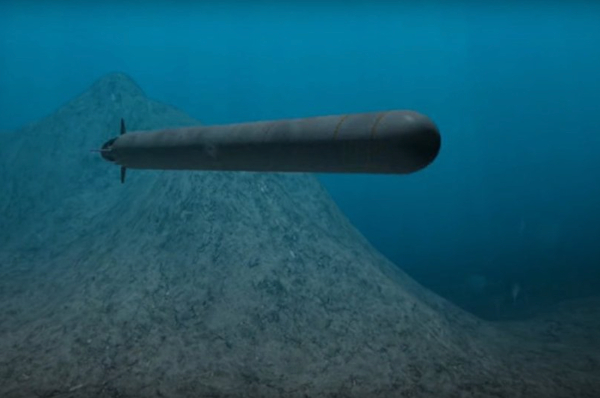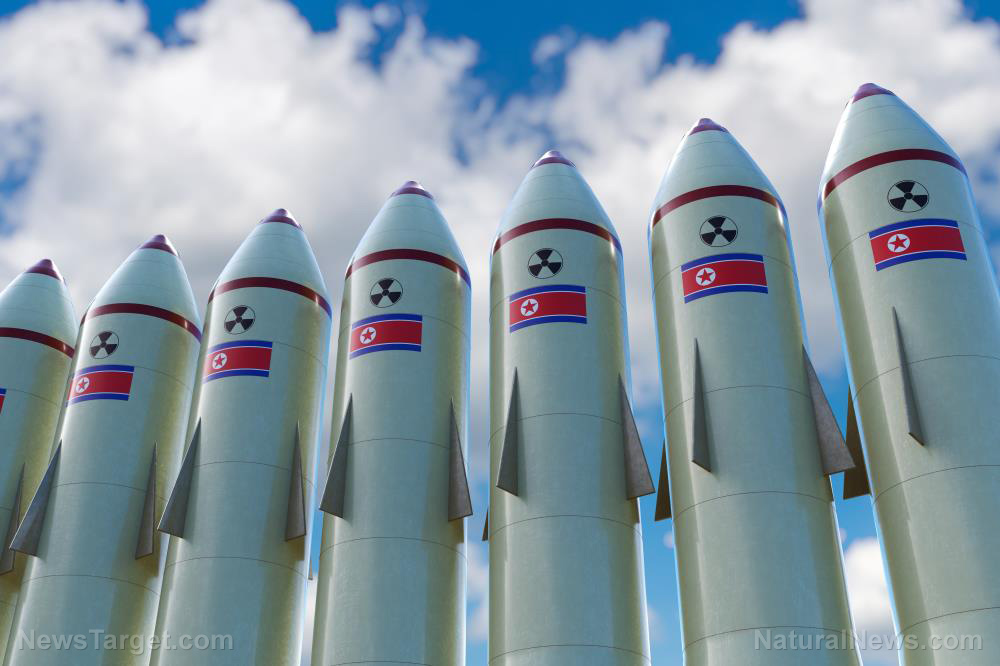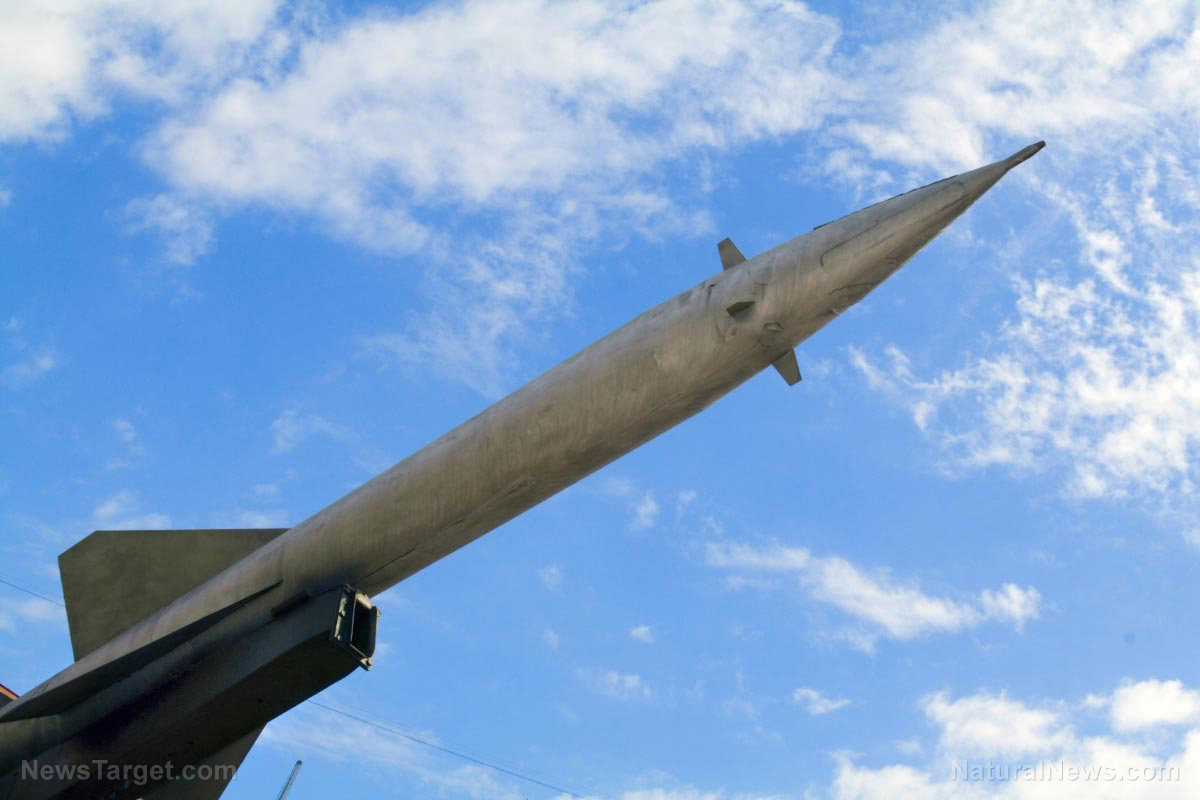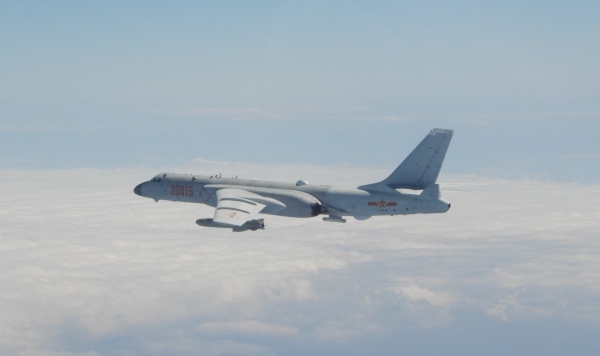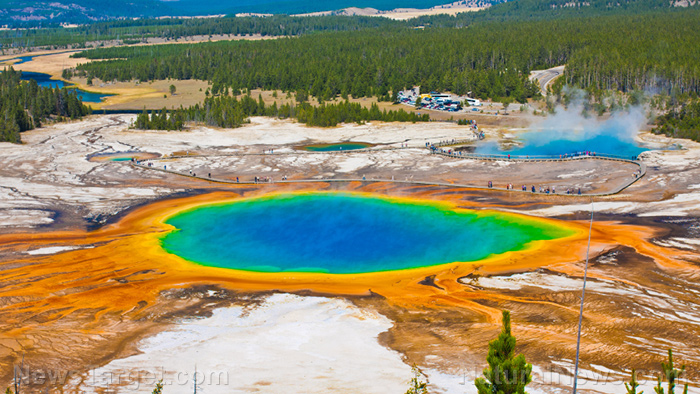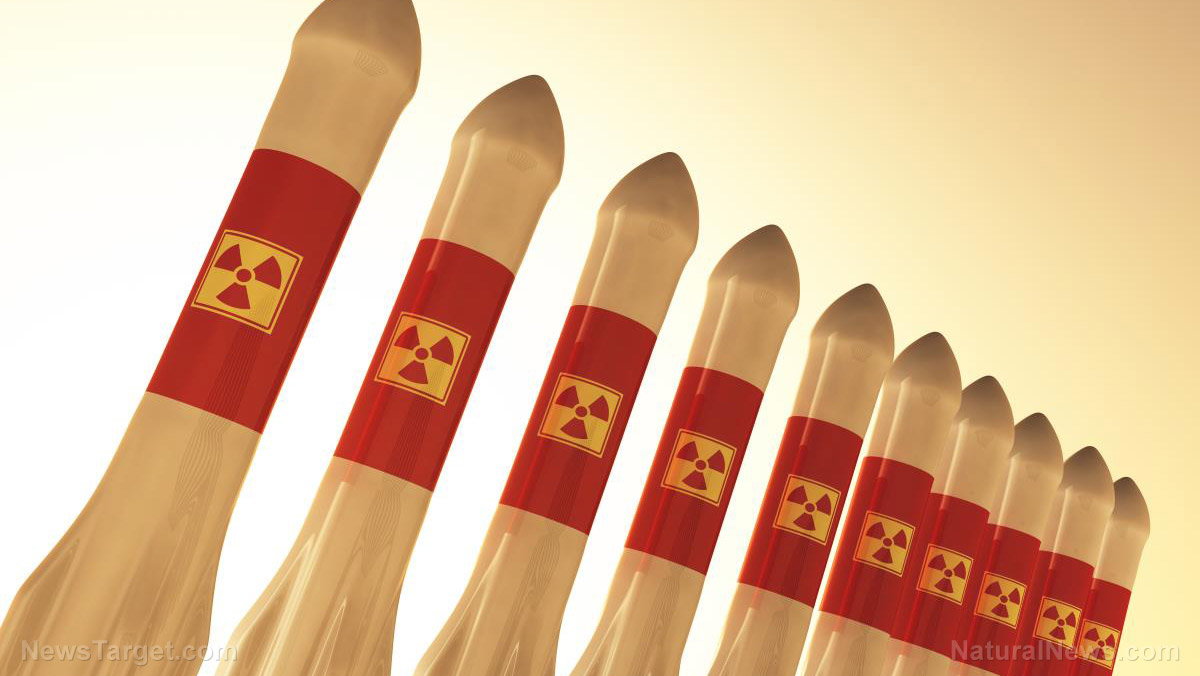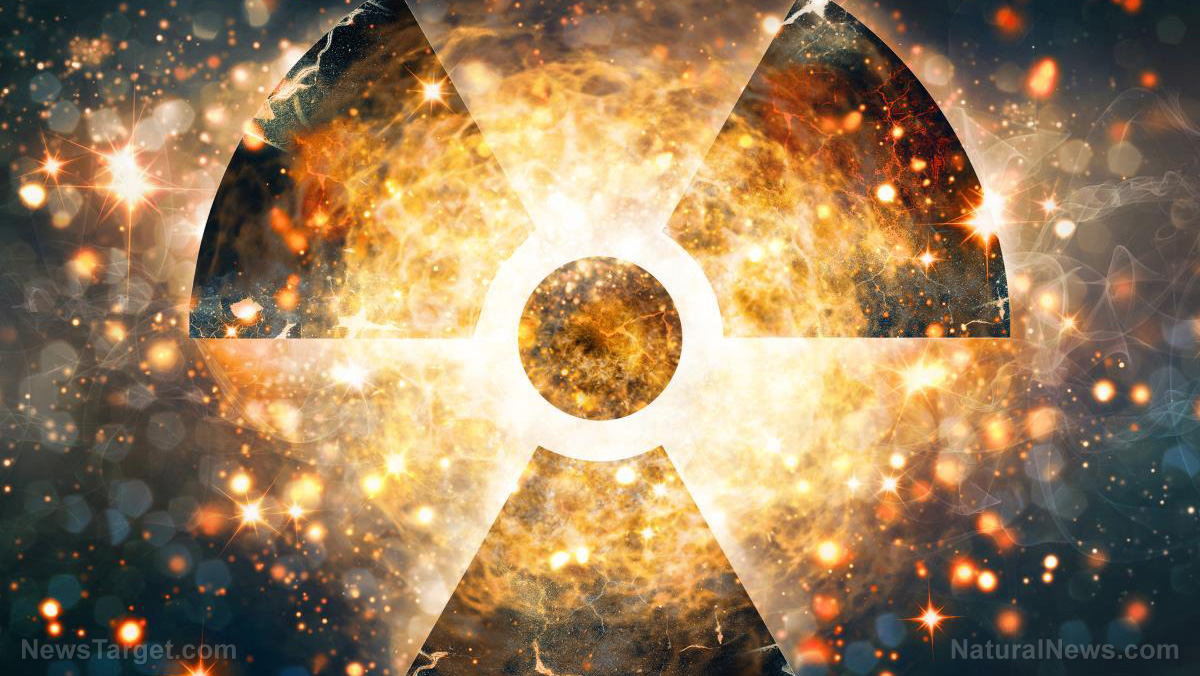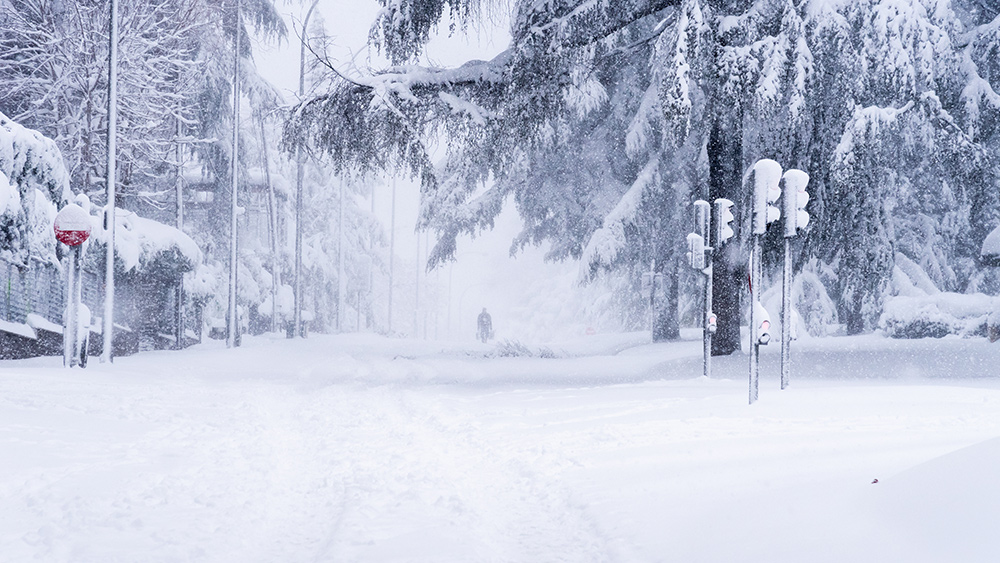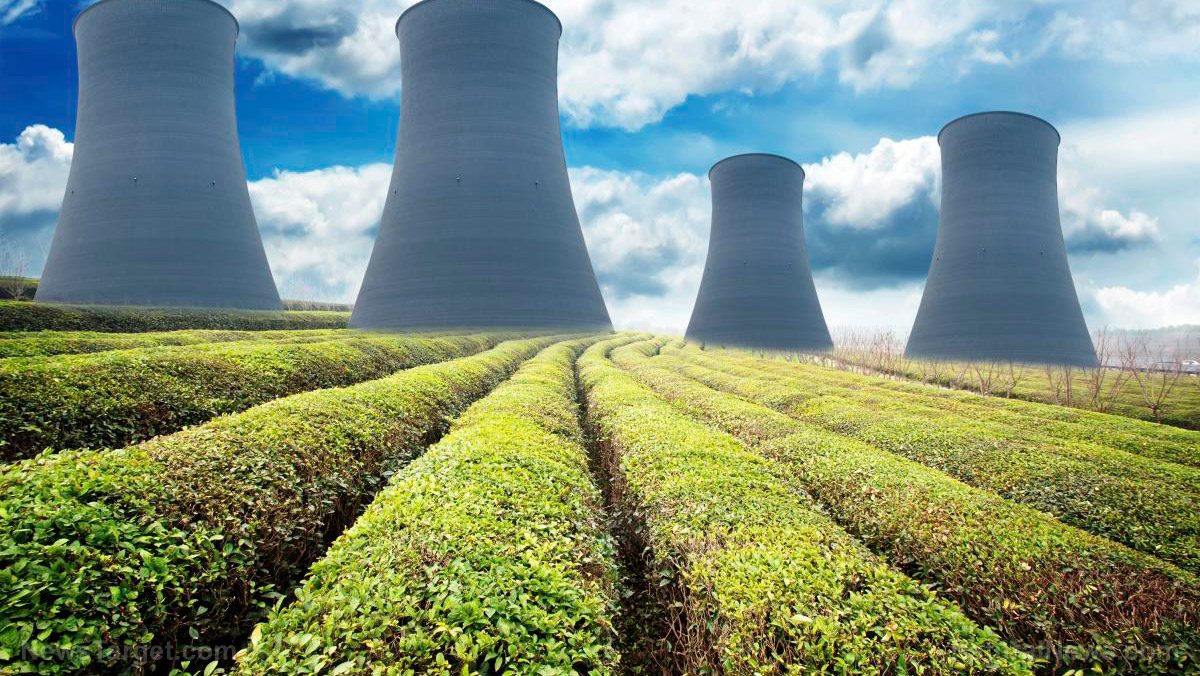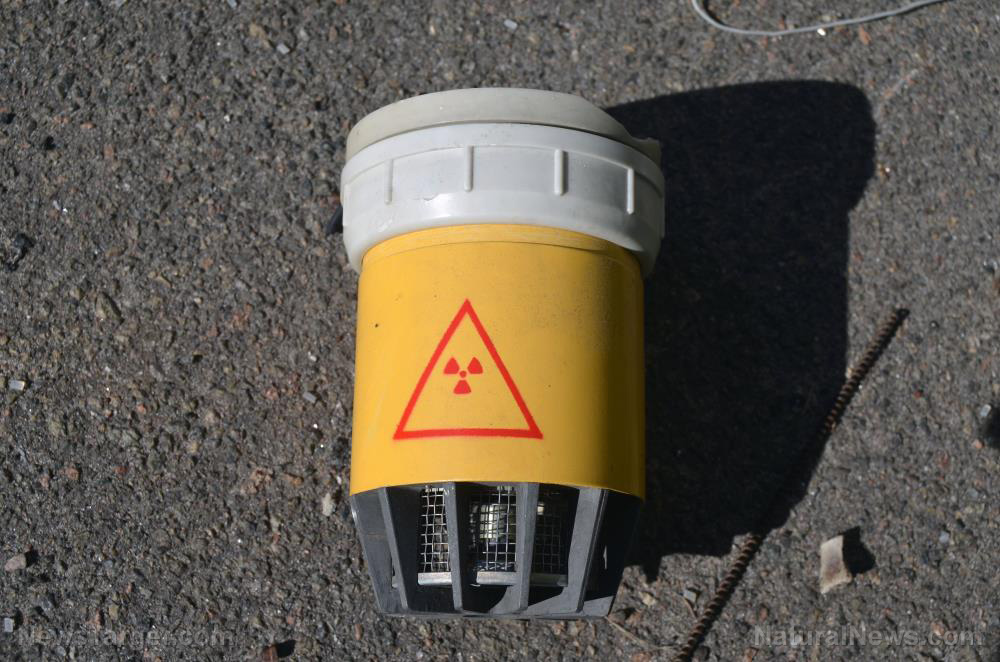Radioactive Fukushima water to be released into the ocean
01/18/2023 / By Ramon Tomey
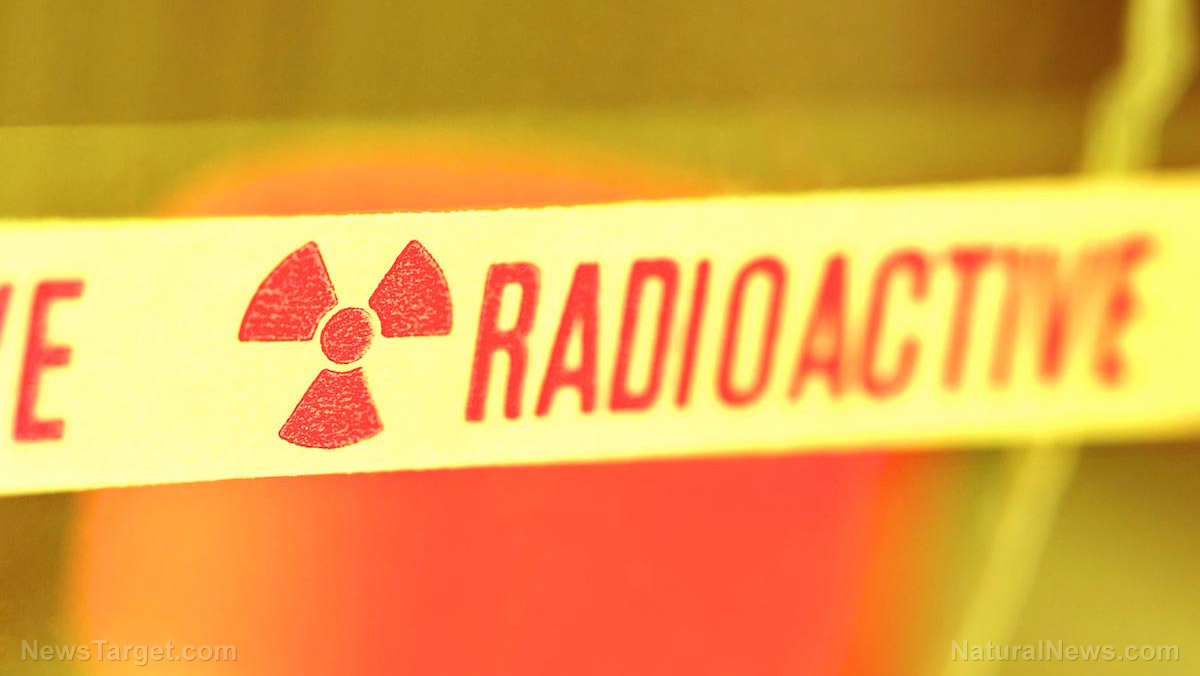
The Japanese government has announced that radioactive water from the now-defunct Fukushima Daiichi Nuclear Power Plant will soon be released into the ocean after undergoing treatment.
According to the Japanese Ministry of Foreign Affairs (MoFA), the release of more than one million tons of water will begin by either spring or summer 2023. It added that regulators had deemed it safe to gradually discharge the water in the Pacific Ocean via a tunnel, but not before it undergoes treatment and dilution.
The contaminated water in Fukushima is being stored in more than 1,000 tanks which, according to officials, needs to be removed to move forward with the power plant’s decommissioning. The decommissioning process is expected to take 30 to 40 years.
The wastewater from Fukushima to be treated and released in the ocean has been previously used to cool damaged nuclear reactors. Rain and groundwater that seeps into the vicinity of the plant also forms part of this wastewater.
Tokyo Electric Power Company (TEPCO), the firm that owns the now-defunct nuclear plant, said its water treatment technology called Advanced Liquid Processing System (ALPS) can remove all radioactive materials from the water except tritium. It added that tritium is harmless in small amounts.
According to the International Atomic Energy Agency (IAEA), ALPS “uses a series of chemical reactions to remove 62 radionuclides from contaminated water.” It also explained that tritium is very difficult to remove using ALPS as water with this hydrogen isotope “has chemical features almost identical to water with ordinary hydrogen.”
Moreover, the IAEA pointed out that the Fukushima wastewater “has a low concentration of tritium in a large volume of water.” Nuclear plants around the world, it argued, use a process similar to ALPS to dispose of radioactive wastewater.
Japanese officials backed up TEPCO’s claims, insisting that the treated water will not pose a threat to human health or the marine environment.
Release of Fukushima wastewater faces opposition
Japanese news agency Kyodo News said the IAEA had conducted several safety reviews of the plan to discharge Fukushima wastewater. The agency would also issue a report based on its findings and provide support before, during and after the discharge.
The Fukushima Daiichi Nuclear Power Plant suffered major damage from the 9.0 magnitude earthquake that hit Japan in March 2011. Tsunamis that followed the tremors caused the plant’s reactors to melt down and disabled its reactor cooling systems. The Japanese government initially green-lit the plan to dump the plant’s radioactive water into the Pacific Ocean over the course of 30 years in April 2021, more than 10 years after the disaster. (Related: ENDANGERING the Pacific Ocean: Japanese proposal to dump radioactive water from disabled nuclear power plant gets APPROVAL.)
But Tokyo’s plan to unload wastewater from the defunct nuclear power plant was met with opposition.
Local fishing communities expressed anger over the move. Fishing unions in Fukushima also joined in opposing the release, warning that it would cause alarm among consumers. They also warned that such a move would derail more than a decade of efforts to reassure the general public that Fukushima seafood is safe to eat.
According to Kyodo News, the Japanese government responded by announcing a ¥50 billion ($386 million) funds meant for fishermen fearing that the discharge will impact their livelihoods. Chief Cabinet Secretary Hirokazu Matsuno said during a meeting with stakeholders: “We would like to thoroughly explain these measures to fishing communities and other relevant parties, while listening to their concerns.”
External parties also voiced concern about the discharge. The South Korean government said that Japan’s release of Fukushima wastewater into the Pacific would pose a “grave threat” to marine life. Seoul imposed a ban on Fukushima seafood that remains in place as of writing.
Meanwhile, the Pacific Islands Forum (PIF) said it has “grave concerns” about Japan’s proposal to release Fukushima wastewater. PIF Secretary-General Henry Puna wrote to the Guardian: “[Japan] should hold off on any such release until we are certain about the implications of this proposal on the environment and on human health – especially recognizing that the majority of our Pacific peoples are coastal peoples, and that the ocean continues to be an integral part of their subsistence living.”
FukushimaWatch.com has more news about the defunct power plant.
Watch Jefferey Jaxen and Del Bigtree discuss Japan’s plan to dump Fukushima wastewater into the Pacific Ocean on “The HighWire.”
This video is from The HighWire with Del Bigtree channel on Brighteon.com.
More related stories:
Fukushima radioactive wastewater release plans spark concerns from farmers, neighbors.
Radioactive water could be pouring out of Fukushima just two years from now, warn experts.
UN experts review Fukushima water release plans as farmers’ concerns grows over radioactive crops.
Sources include:
Submit a correction >>
Tagged Under:
big government, clean water, decommissioning, Ecology, environment, Fukushima, Fukushima Daiichi, Japan, marine life, nuclear disaster, nuclear power plant, ocean health, radiation, radioactive water, radionuclides, Resist, tritium, wastewater discharge
This article may contain statements that reflect the opinion of the author
RECENT NEWS & ARTICLES
COPYRIGHT © 2017 NUCLEAR NEWS

